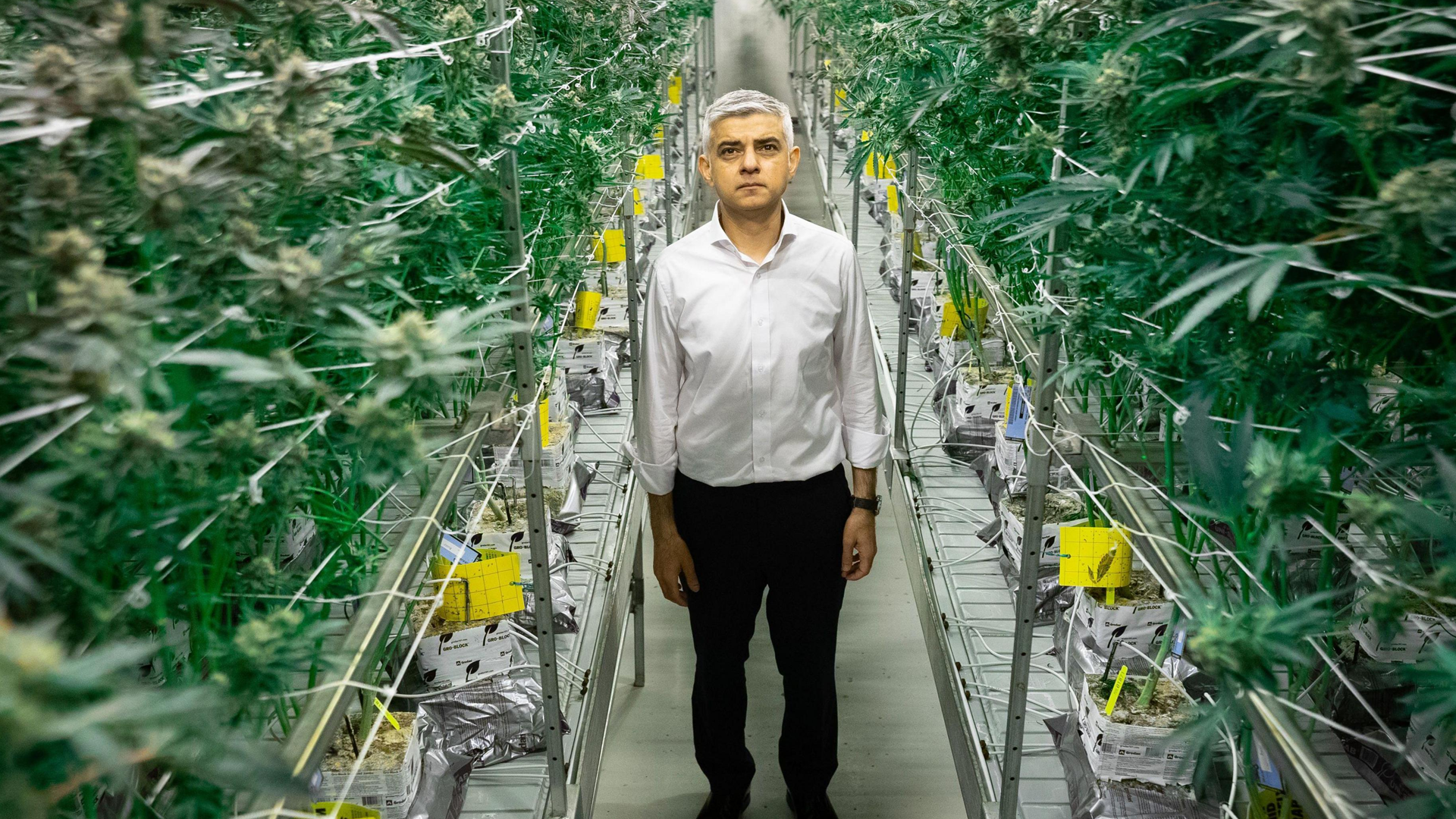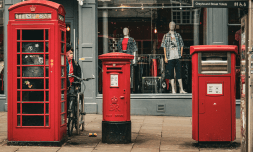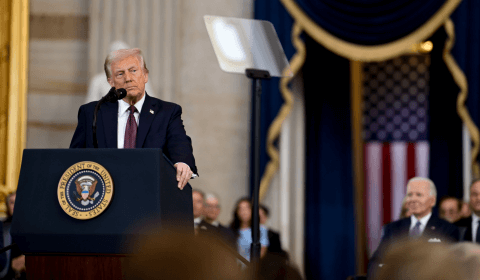A new report backed by the Mayor of London calls for some cannabis possession to be decriminalised in the capital.
Sadiq Khan is supporting calls for the partial decriminalisation of cannabis in the UK capital, following a study by the independent London Drugs Commission (LDC).
According to reports by the LDC, the global policing of drug usage – particularly cannabis, which remains the most contentious substance when it comes to international legislation – are causing more harm than good.
Lord Charlie Falconer, who chairs the organisation, has said that current laws are ‘disproportionate to the harms [cannabis] can pose.’
Now, Sadiq Khan has publicly supported the LDC’s findings, specifically highlighting the disproportionate impact that drug policing has on Black and other minority communities.
Speaking to the use of stop-and-search procedures as part of anti-drug legislation in the UK, the Mayor said he had ‘long been clear that we need fresh thinking on how to reduce the substantial harms associated with drug-related crime in our communities.’
He added that the ‘current sentencing for those caught in possession of natural cannabis cannot be justified given its relative harm and people’s experience of the justice system.’
‘Stop and search for example is most commonly based on ‘the smell of cannabis’ and it is disproportionately used against young Black men.’
This stance against the drug is hardly new. Cannabis use and possession has been at the center of heated legislative debates in a range of countries – not least because of the grey area it poses as a substance. In the US alone, marijuana has been legalised in a range of states yet remains staunchly outlawed in others.
Many have called for the softening of anti-drug laws when it comes to cannabis, largely due to the socio-economic toll caused by policing it. Others, like Khan, have long been vocal against the overwhelming focus on ethnic communities – and particularly the Black community – when it comes to enforcing these laws, which creates ‘damaging, long-lasting consequences for individuals, wider society, and police-community relations.’
The LDC’s report recommends that natural cannabis should be removed from the Misuse Drugs Act (MDA), where it’s currently considered a Class B alongside drugs like ketamine. Instead, the organisation suggests it be maintained as a controlled substance under the Psychoactive Substances Act (PSA).




















